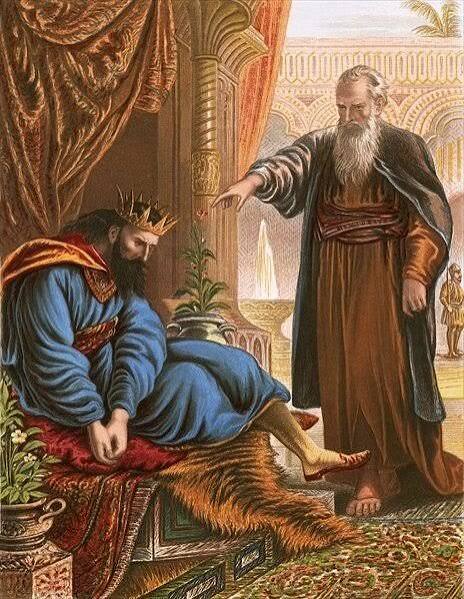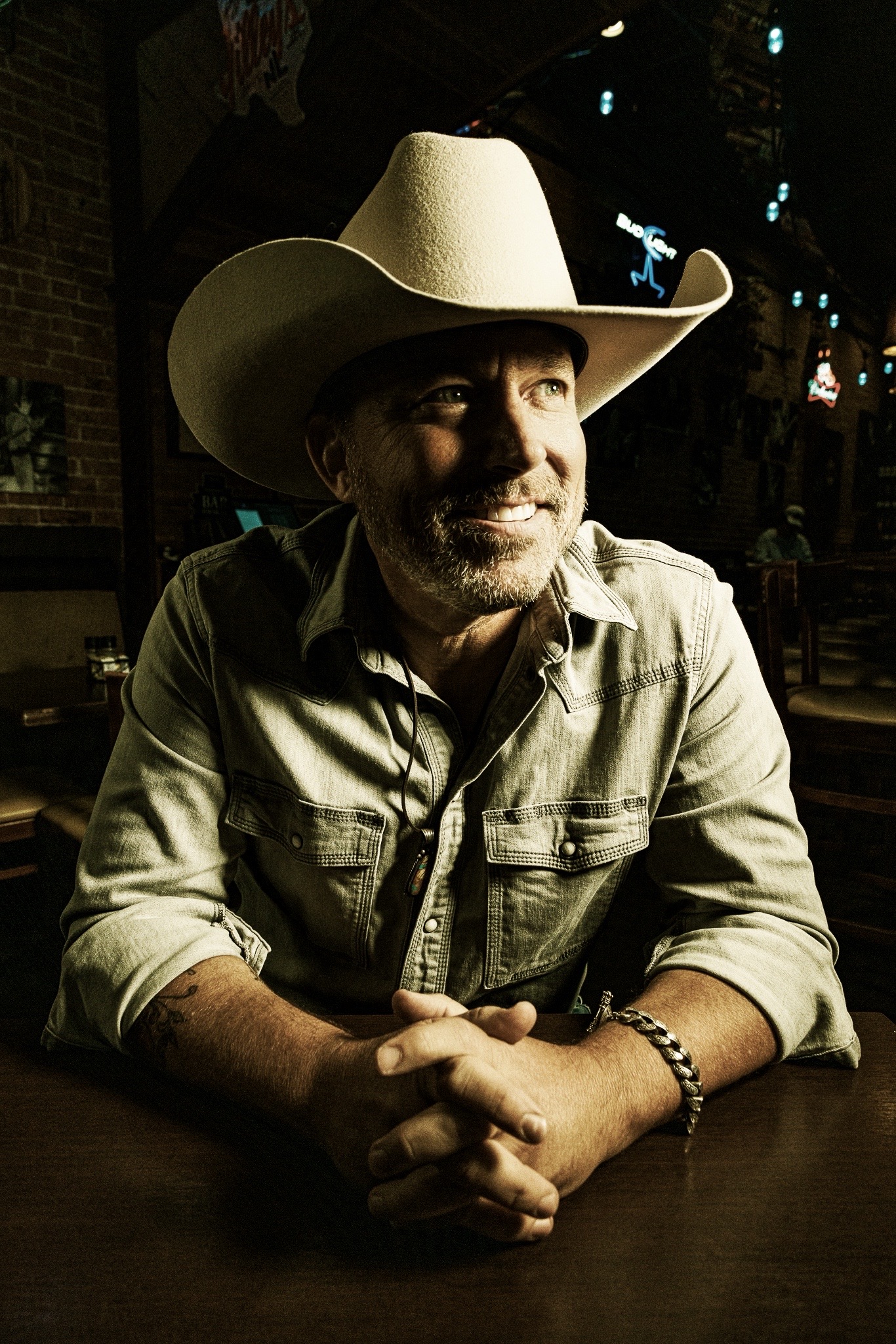The Whole Gospel and the Culture We Live In

Every so often, I hear the critique: “This aligns with cultural Christianity and avoids what we really need. Pastors should just preach the Gospel, the whole Gospel, and nothing but the Gospel.”
At first glance, that sounds noble. Who could argue with the idea of preaching the Gospel? But here’s the problem: the Gospel was never meant to be preached in a vacuum. It has always been a collision of heaven’s truth with earth’s lies, and if you strip it out of the culture in which it’s spoken, you’re left with theory instead of transformation.
The Gospel Is Not Abstract
Think about it. Jesus did not preach a vague, detached message about love and forgiveness while ignoring the realities of Roman oppression or the corruption of the Pharisees. He called Herod a fox. He overturned tables in the temple. He exposed hypocrisy in the religious establishment. He did not separate “Gospel” from culture; He lived and proclaimed the Kingdom of God in direct confrontation with the idols, injustices, and sins of His day.
The apostles did the same. Paul named false philosophies. John warned about the spirit of the age. Peter confronted rulers and councils. The “whole Gospel” has always been both proclamation and application—truth colliding with reality.
The Danger of Half a Gospel
When critics say, “Just preach the Gospel,” what they often mean is, “Preach doctrine, but don’t apply it where it stings.” That is not the whole counsel of God. That is half a Gospel. It is words without witness, doctrine without demand, and truth without transformation.
The result? Churches that preach “timeless truths” in such a sanitized way that nobody sees how those truths matter when lies are being normalized, when evil is being legislated, and when deception is destroying souls. That is not faithfulness; that is avoidance.
Real Gospel, Real Culture
The prophets of the Old Testament thundered against the sins of their culture. Amos did not say, “Let’s just preach God’s love.” He said, “Let justice roll down like waters.” Isaiah confronted rulers. Jeremiah wept over a nation’s compromise. These were not cultural sellouts. These were men of God applying God’s truth to the moment in which they lived.
The true Gospel does the same today. It names sin. It unmasks idols. It shines light in the dark corners of society. It proclaims salvation in Christ while also showing what it looks like to live as His people in a fallen, deceived, and hostile world.
The Call of Our Time
We do not need less Gospel. We need more of it. Not the abstract, sanitized, culturally safe version, but the raw, fearless, all-encompassing Gospel of the Kingdom of God. One that says Jesus is Lord over the church and the culture, over personal morality and public life, over private faith and public witness.
To preach anything less is to preach a Gospel that has no teeth, no power, and no prophetic edge. And that is not the Gospel at all.
